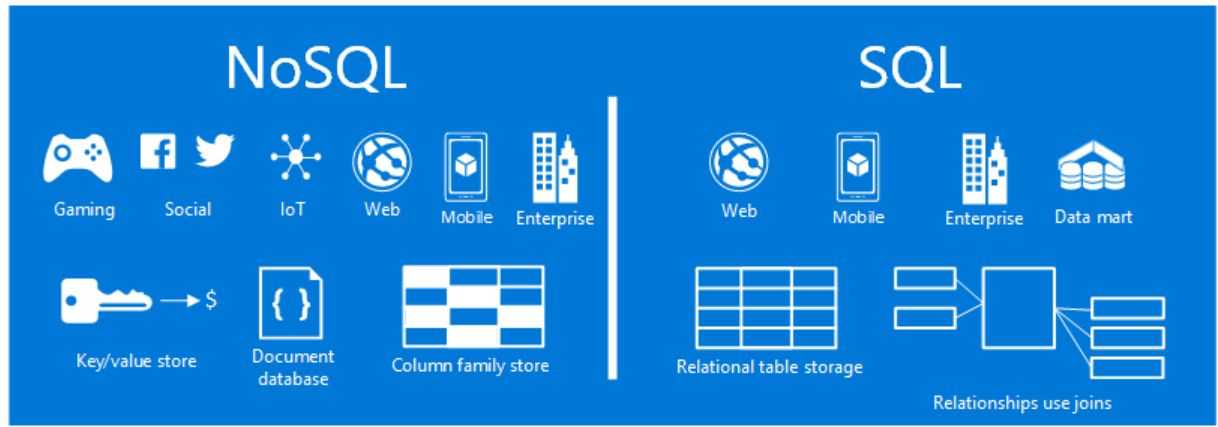
MySQL vs. NoSQL: Navigating the Database Dilemma
In the world of data management, the choice between traditional relational databases like MySQL and modern NoSQL databases can be daunting. This blog post will take you on a comparative journey, dissecting the strengths, weaknesses, and ideal use cases for each type of database. By the end, you'll have a clear understanding of when to opt for MySQL or NoSQL, ensuring your data is managed effectively to meet your application's unique requirements.
MySQL: The Relational Powerhouse
MySQL is a tried-and-true relational database management system. It excels in structured data environments where data consistency and integrity are crucial. With a well-defined schema and ACID (Atomicity, Consistency, Isolation, Durability) compliance, MySQL ensures data accuracy, making it a staple for applications that require complex transactions and relationships.
When to Choose MySQL
- Structured Data: Choose MySQL when your data adheres to a predefined structure and relationships between entities are well-defined.
- ACID Compliance: Opt for MySQL when data consistency and integrity are paramount, such as in financial systems or transactional applications.
- Complex Queries: MySQL shines when dealing with complex queries involving multiple tables and intricate joins.
NoSQL: The Dynamic Contender
NoSQL databases encompass a range of database types that emphasize flexibility and scalability. They are suited for unstructured, semi-structured, or rapidly changing data. NoSQL databases embrace a schema-less approach, enabling rapid development and deployment. They excel in scenarios where massive scalability, rapid data ingestion, and horizontal distribution are required.
When to Choose NoSQL
- Unstructured Data: NoSQL is a better choice when dealing with data that lacks a fixed structure, such as social media posts or IoT sensor readings.
- Scalability: Opt for NoSQL when your application demands high scalability and the ability to distribute data across multiple nodes.
- Agile Development: Choose NoSQL for agile development environments where schema changes are frequent and need to be accommodated swiftly.
Making the Right Choice
The choice between MySQL and NoSQL hinges on your application's specific needs:
- Choose MySQL When: You require data integrity, complex transactions, and a well-defined schema. MySQL is a great fit for applications involving financial transactions, content management systems, and traditional business applications.
- Choose NoSQL When: Your application thrives on flexible schemas, rapid scaling, and unstructured data. NoSQL databases are ideal for content-rich applications, real-time analytics, and IoT applications.
Conclusion
The MySQL vs. NoSQL debate boils down to the unique needs of your application. Each type of database has its own strengths and use cases. Whether you opt for the reliability and structure of MySQL or the agility and scalability of NoSQL, the key is to align your choice with your application's data requirements. By making an informed decision, you'll set the stage for efficient data management and optimized performance, ensuring your application thrives in today's data-driven landscape.
Chung Nguyen
